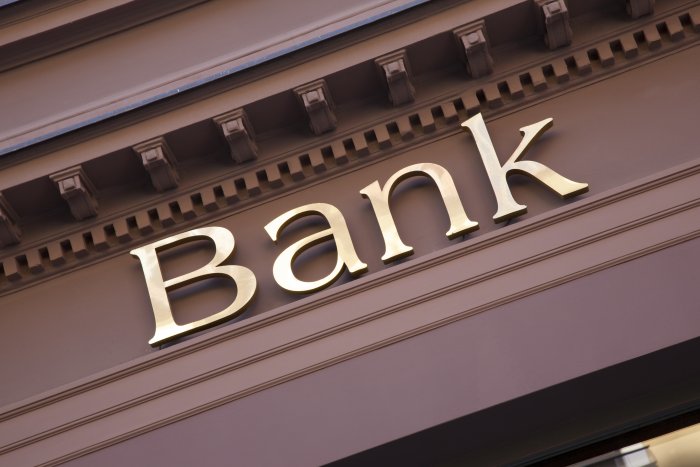Moodyʼs maintains positive outlook on Hungarian banks

shutterstock
A buoyant economy and improving loan performance drive Moodyʼs Investors Serviceʼs positive outlook on Hungarian banks for the second year running, reflecting the expectation that better operating conditions will benefit banksʼ loan quality and capital, and support sound profitability.
In a press release sent to the Budapest Business Journal, Moodyʼs indicated that it expects robust real GDP growth of 3.1% in 2018 and 2.5% in 2019, down slightly from 3.5% in 2017, driven by household spending and by private and EU-backed investment.
Rising wages will bolster disposable income and the financial strength of households. Lending growth will continue to recover after several years of loan-book contraction. The governmentʼs softer policy stance towards banks will promote banking sector growth, Moodyʼs says.
The banksʼ weak loan quality to date will also benefit from rising household income and from the restructuring and sale of problem loans. Moodyʼs expects sector-wide nonperforming loans (NPLs) to fall below 8% of total loans by the end of 2018, from 9% in December 2017. The banks have increased their reserves in past years. Average coverage of problem loans stood at a moderate 59% as of June 2017, up from 55% at year-end 2016.
Capital buffers will remain largely stable as healthy earnings offset moderate lending growth. Retained earnings helped Hungarian banks to slightly increase their capital ratios in the first nine months of 2017, with the average Common Equity Tier 1 (CET1) ratio at a strong 19.5% as of September 2017, up from 19.2% at year-end 2016, the ratings agency reported.
Profitability will decline but remain good. Hungarian banksʼ profitability increased in the first nine months of 2017, resulting in a strong average return on assets (ROA) of 1.9% (annualized) compared with 1.3% in 2016. However, this improvement was mainly due to the reversal of loan-loss provisions. Over the next 12 to 18 months, new provisioning needs and broadly stable revenue will rein in profitability to more moderate levels.
Hungarian banksʼ loan-to-deposit ratio stabilized in 2017 after several years of decline, driven by declining loan portfolios and repayment of market borrowings. The average loan-to deposit ratio of Hungarian banks was 78% in June 2017, a sound level, but Moodyʼs expects it to nudge higher as lending growth will likely exceed that of customer deposits. It also assumes a moderate likelihood of government support for only two Hungarian banks.
SUPPORT THE BUDAPEST BUSINESS JOURNAL
Producing journalism that is worthy of the name is a costly business. For 27 years, the publishers, editors and reporters of the Budapest Business Journal have striven to bring you business news that works, information that you can trust, that is factual, accurate and presented without fear or favor.
Newspaper organizations across the globe have struggled to find a business model that allows them to continue to excel, without compromising their ability to perform. Most recently, some have experimented with the idea of involving their most important stakeholders, their readers.
We would like to offer that same opportunity to our readers. We would like to invite you to help us deliver the quality business journalism you require. Hit our Support the BBJ button and you can choose the how much and how often you send us your contributions.










